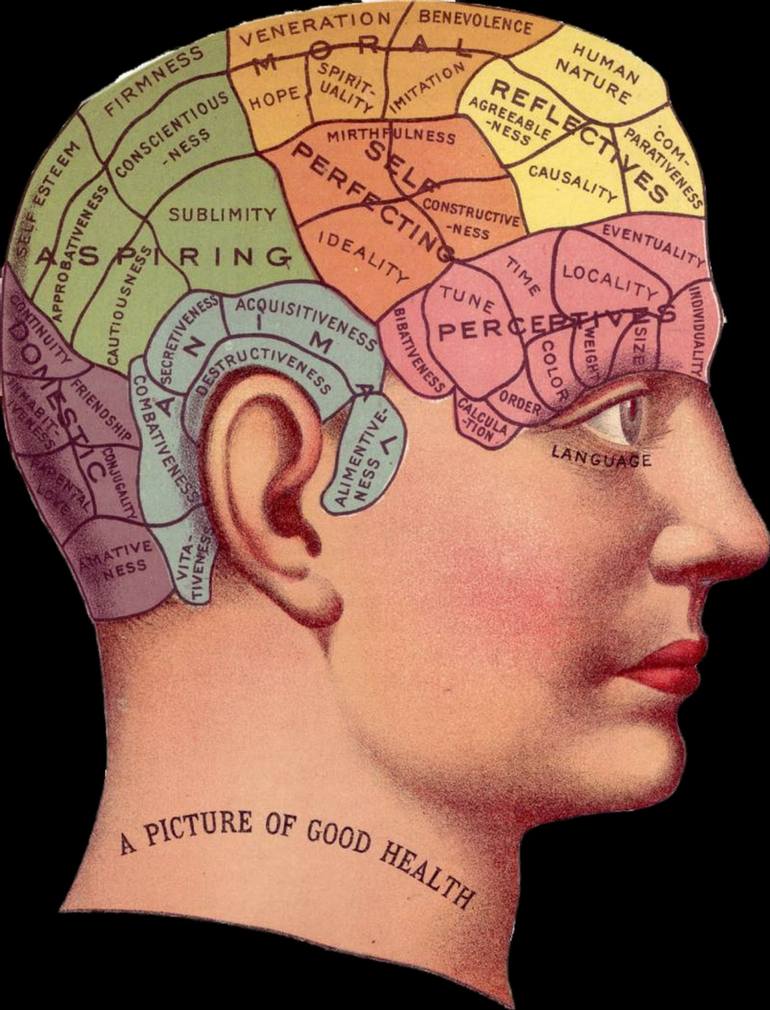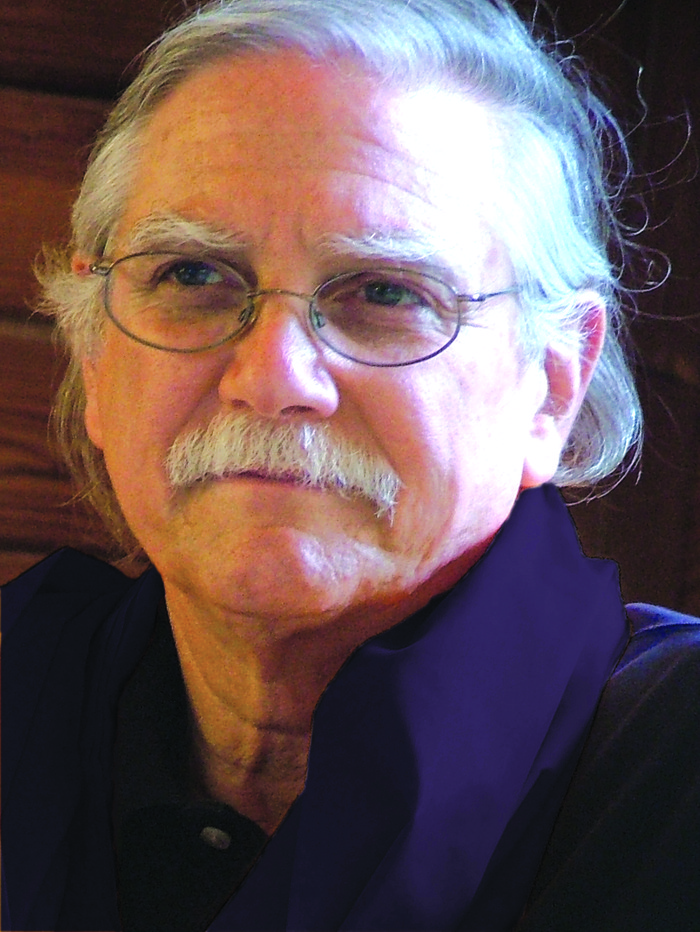Have you ever wondered why certain musicians leave an indelible mark on our collective consciousness? Billy Joel, the maestro of melancholy noir, stands as a testament to the power of music to transcend mere entertainment and become a cultural touchstone. Boldly asserting his place in the annals of music history, Joel’s songs have not only resonated with millions but also fostered unexpected connections among diverse audiences. His ability to blend personal narratives with universal themes has made him a household name, particularly for those who identify with the bustling energy of New York City.
Perhaps it's the diehard New Yorker in me, but I’m irked whenever someone mocks singer/songwriter Billy Joel. My friend and former Jersey girl Judy McGuire often plays the Springsteen is superior card, but there’s something uniquely captivating about Joel’s ability to weave stories that resonate across generations. His melodies carry the weight of experience, painting vivid pictures of love, loss, and longing. In a world where musical tastes are as varied as the individuals who hold them, Joel’s work remains a unifying force. His songs evoke emotions that transcend geographical boundaries, offering listeners a glimpse into the complexities of human existence.
| Bio Data | |
|---|---|
| Name | Billy Joel |
| Date of Birth | May 9, 1949 |
| Place of Birth | Hempstead, New York, United States |
| Profession | Singer, Songwriter, Pianist |
| Notable Works | Piano Man, Uptown Girl, We Didn’t Start the Fire |
| Awards | 6 Grammy Awards, induction into the Rock and Roll Hall of Fame |
| Personal Life | Married to Alexis Roderick; father of two daughters |
| Official Website | Billy Joel Official Site |
Beyond his status as a musical icon, Billy Joel’s career is marked by milestones that reflect both his artistic growth and his enduring popularity. By 1972, when Caribou Ranch—a legendary recording studio nestled in the Colorado Rockies—was purchased by Jim Guercio, the manager of the band Chicago, Joel’s star was already on the rise. This acquisition would go on to influence the sound of countless albums during the 1970s, including some of Joel’s most iconic works. The environment at Caribou Ranch allowed artists to experiment freely, resulting in a unique blend of sounds that defined an era.
Joel’s magnum opus, “We Didn’t Start the Fire,” encapsulates his talent for storytelling through song. Released in 1989, this rapid-fire anthem lists 119 historical references spanning four decades, from Harry Truman to MTV. Each mention serves as a snapshot of global events, cultural shifts, and technological advancements. While the sheer volume of information might seem overwhelming, the song invites listeners to delve deeper into its layers. For instance, the reference to Marilyn Monroe evokes images of beauty and tragedy, while the mention of the Korean War highlights geopolitical tensions. To fully appreciate the depth of Joel’s composition, one must explore the stories behind these references. (For more insights, visit Britannica's detailed breakdown.)
Yet, Joel’s impact extends beyond music. His lyrics often tackle complex issues, inviting introspection and dialogue. Take, for example, the poignant exploration of mental health and faith in contemporary society. In discussions surrounding topics like suicide and depression, it becomes evident that such struggles cannot be reduced to simplistic explanations. It’s not just mental and emotional; biological factors play a significant role too. Moreover, dismissing these challenges as selfishness or lack of prayer overlooks their multifaceted nature. Instead, fostering understanding and empathy can pave the way toward meaningful support systems.
In another vein, consider the paradox embodied by Dolly Parton, whose career redefined notions of feminism within country music. Through her artistry, Parton challenged traditional gender roles, presenting a vision of femininity that defied convention. Her success demonstrated that women could thrive in male-dominated industries without sacrificing authenticity. Similarly, Joel’s contributions to popular music reshaped perceptions of what constitutes relatable content. Both artists exemplify how creativity can drive social change, inspiring future generations to push boundaries.
Meanwhile, practical matters continue to shape daily life for many Americans. Veterans seeking access to commissary and military exchange privileges now require a VHIC (Veteran Health Identification Card). Eligibility hinges on various criteria, including criminal history checks. Those cleared receive enhanced benefits, reinforcing the importance of maintaining integrity within service communities. Such policies underscore the broader societal commitment to honoring veterans’ sacrifices while ensuring accountability.
Returning to Joel’s legacy, his influence persists in unexpected ways. Social media platforms occasionally spotlight controversial figures, sparking debates about morality and public image. One such figure, Joel Michael Singer, garnered attention due to allegations tied to his past actions. Regardless of individual opinions, these instances highlight the dual-edged sword of fame: while it amplifies voices, it also subjects them to intense scrutiny. As consumers of media, we bear responsibility for critically evaluating narratives presented to us.
In conclusion, Billy Joel’s contributions to music extend far beyond catchy tunes and memorable lyrics. His work embodies the essence of storytelling, capturing moments in time and reflecting shared experiences. Whether chronicling historical milestones or addressing personal struggles, Joel’s artistry continues to resonate with audiences worldwide. As new chapters unfold in the story of music, his influence remains steadfast—a reminder of the transformative power of song.



